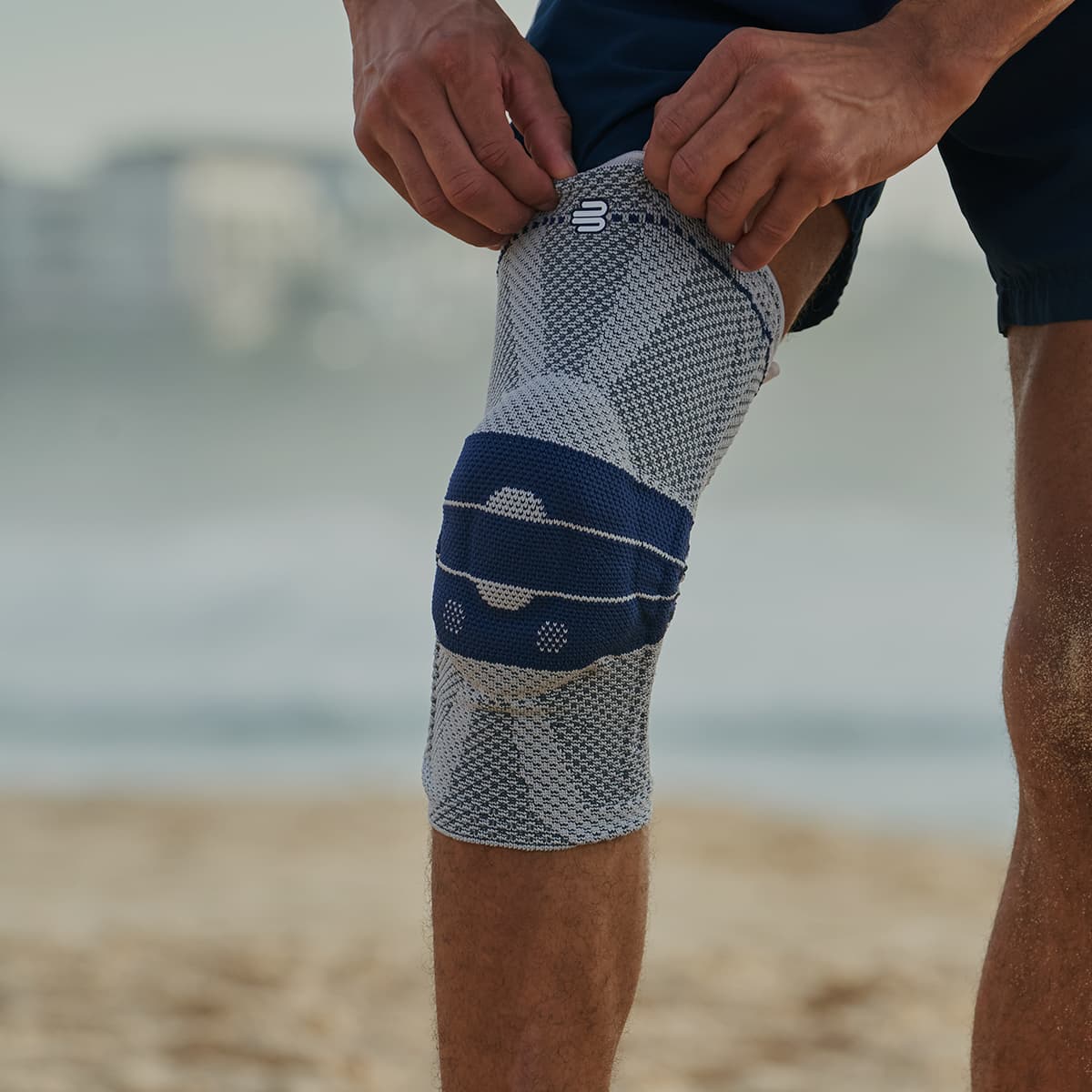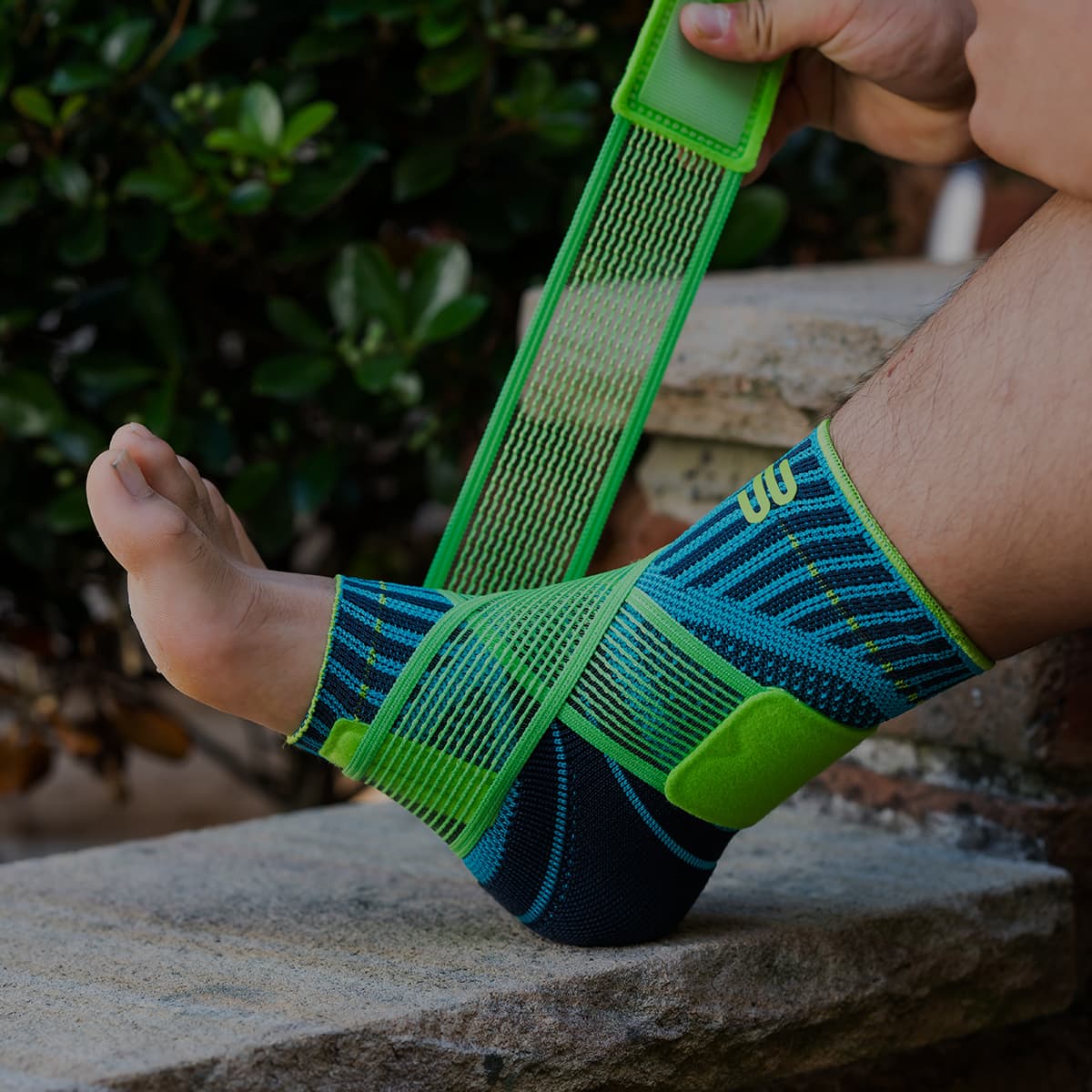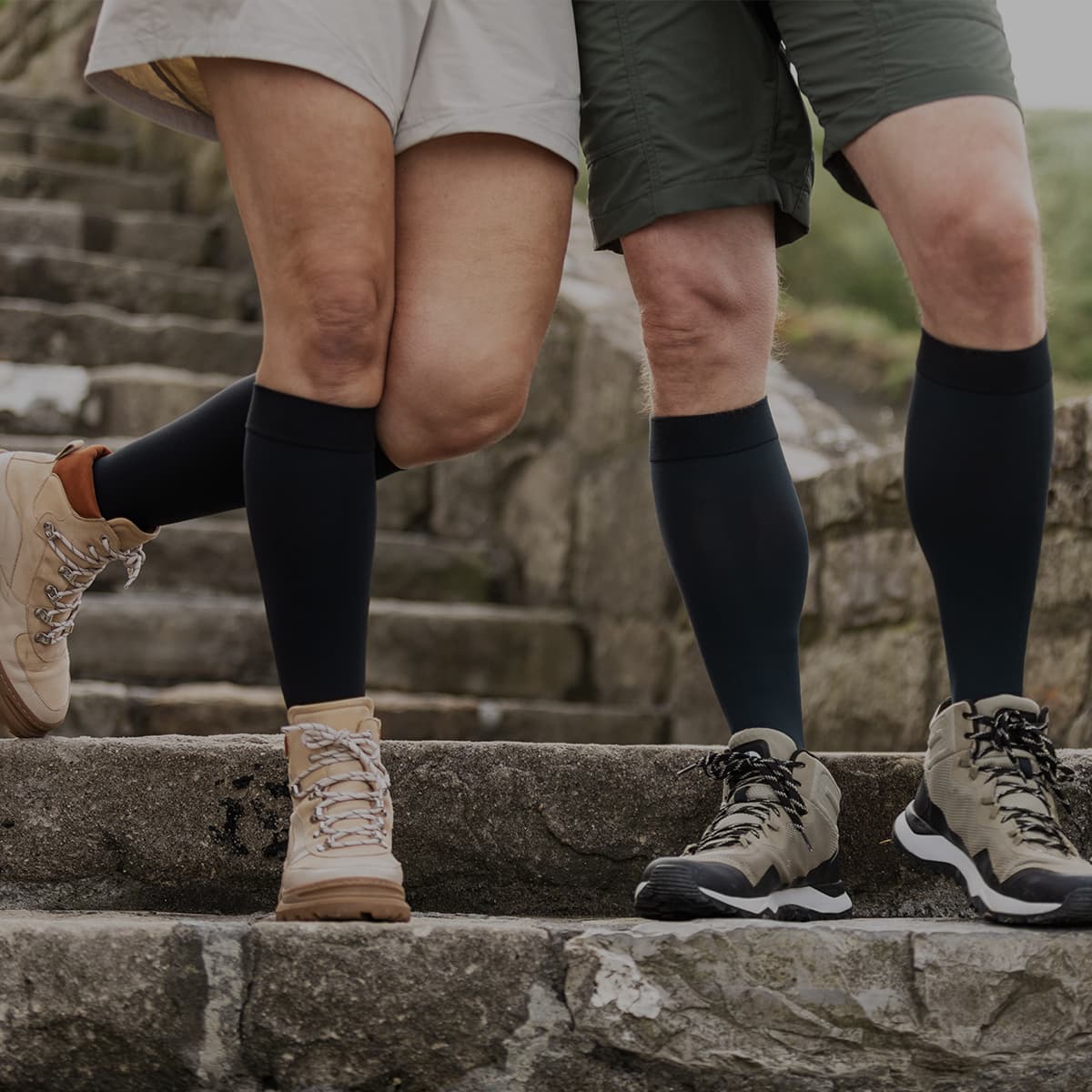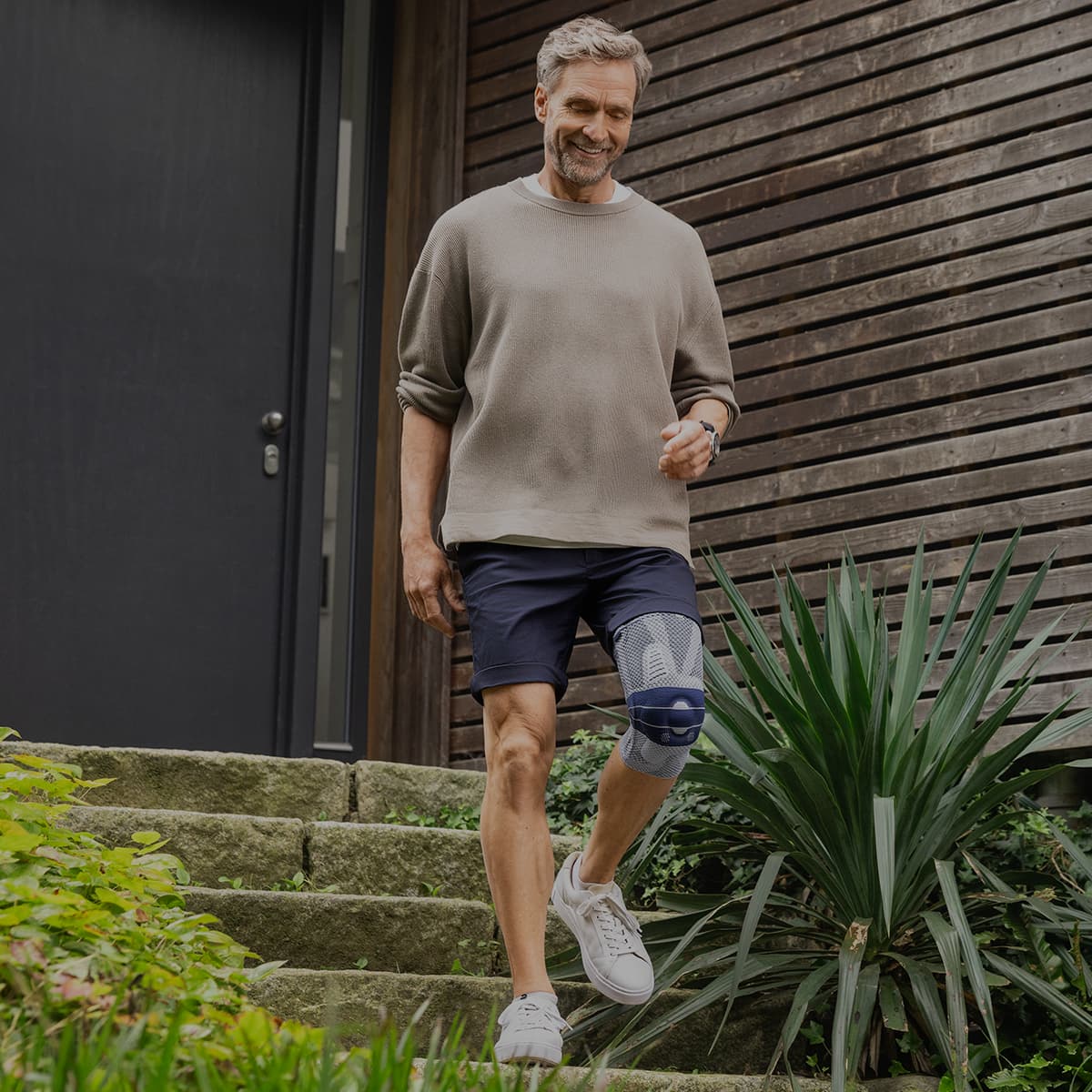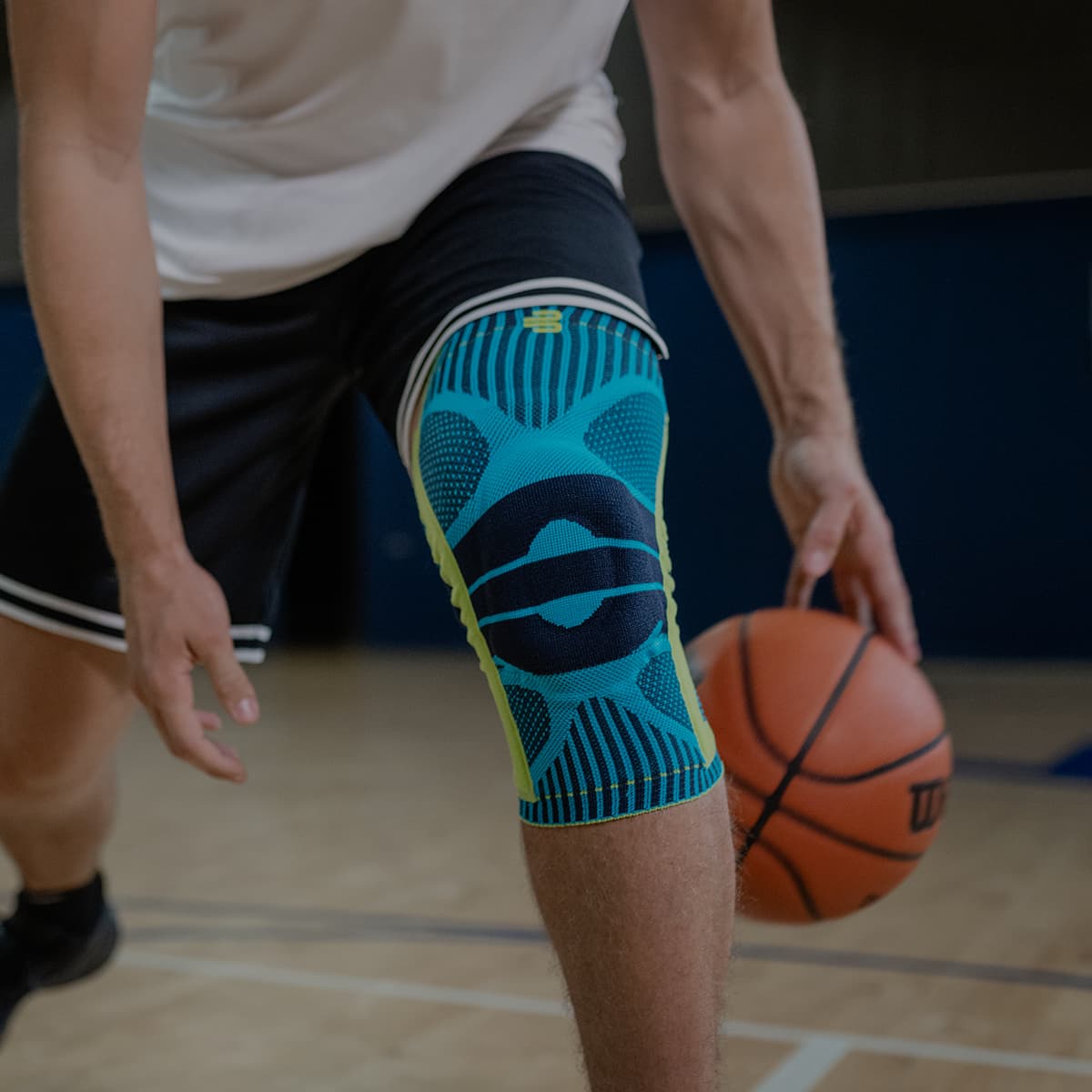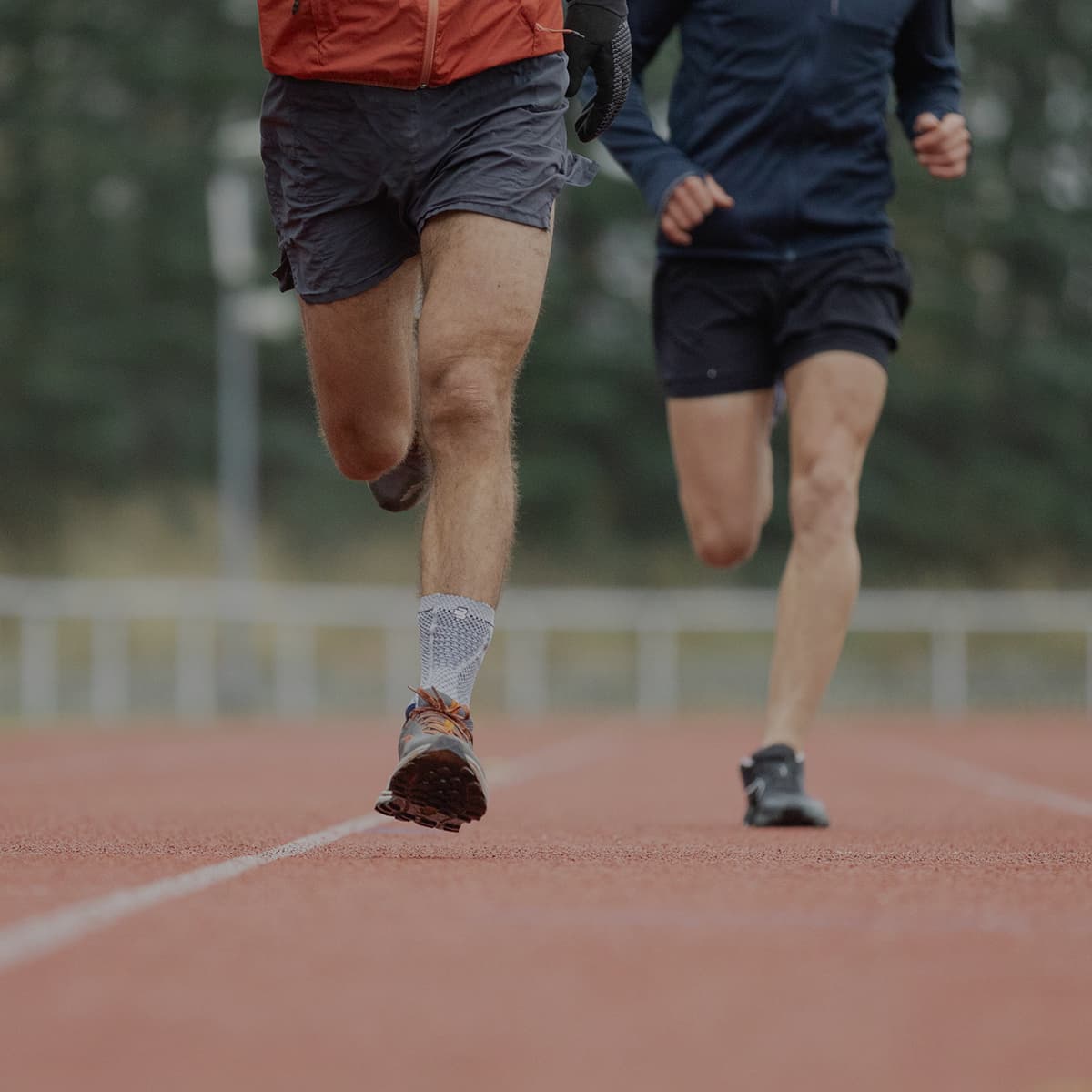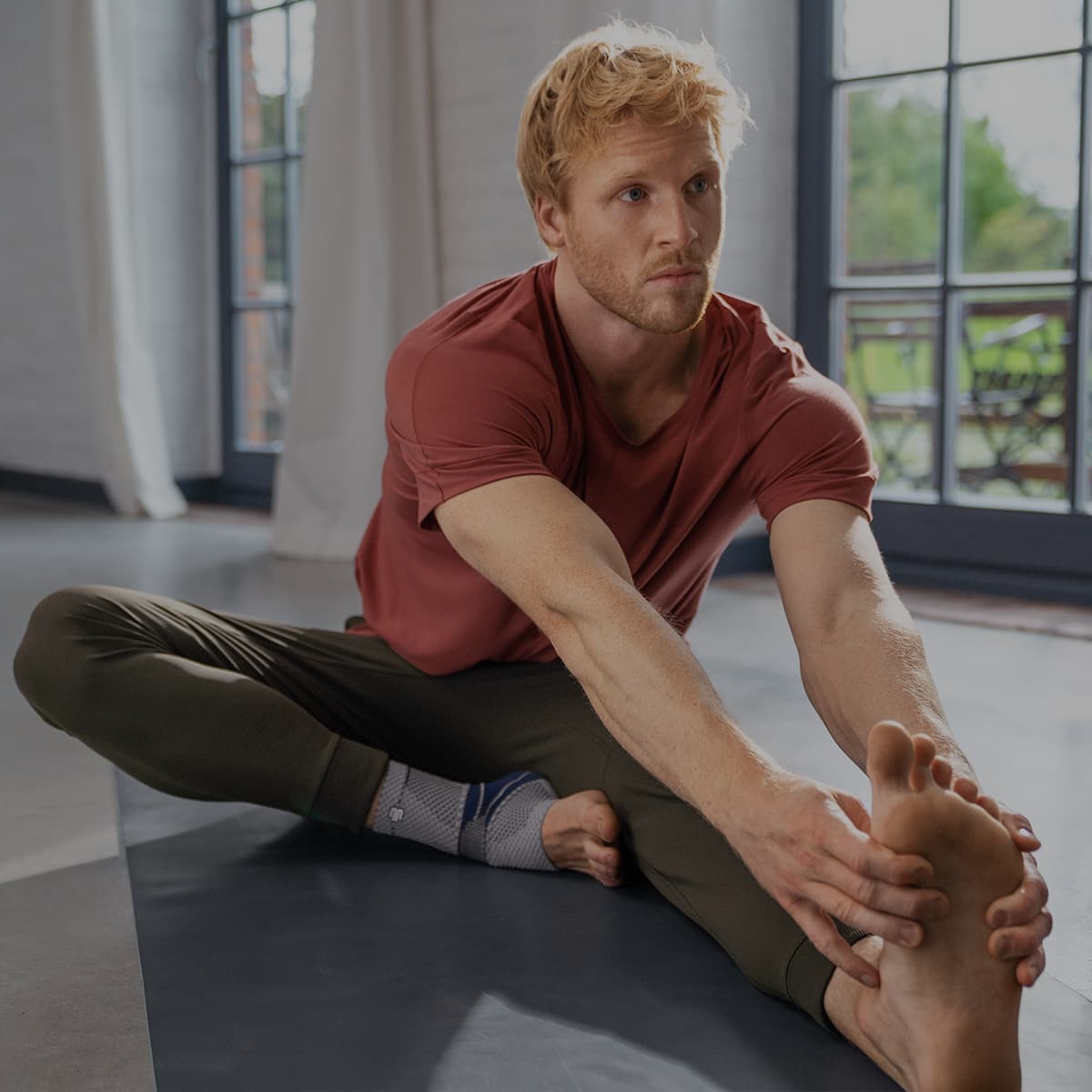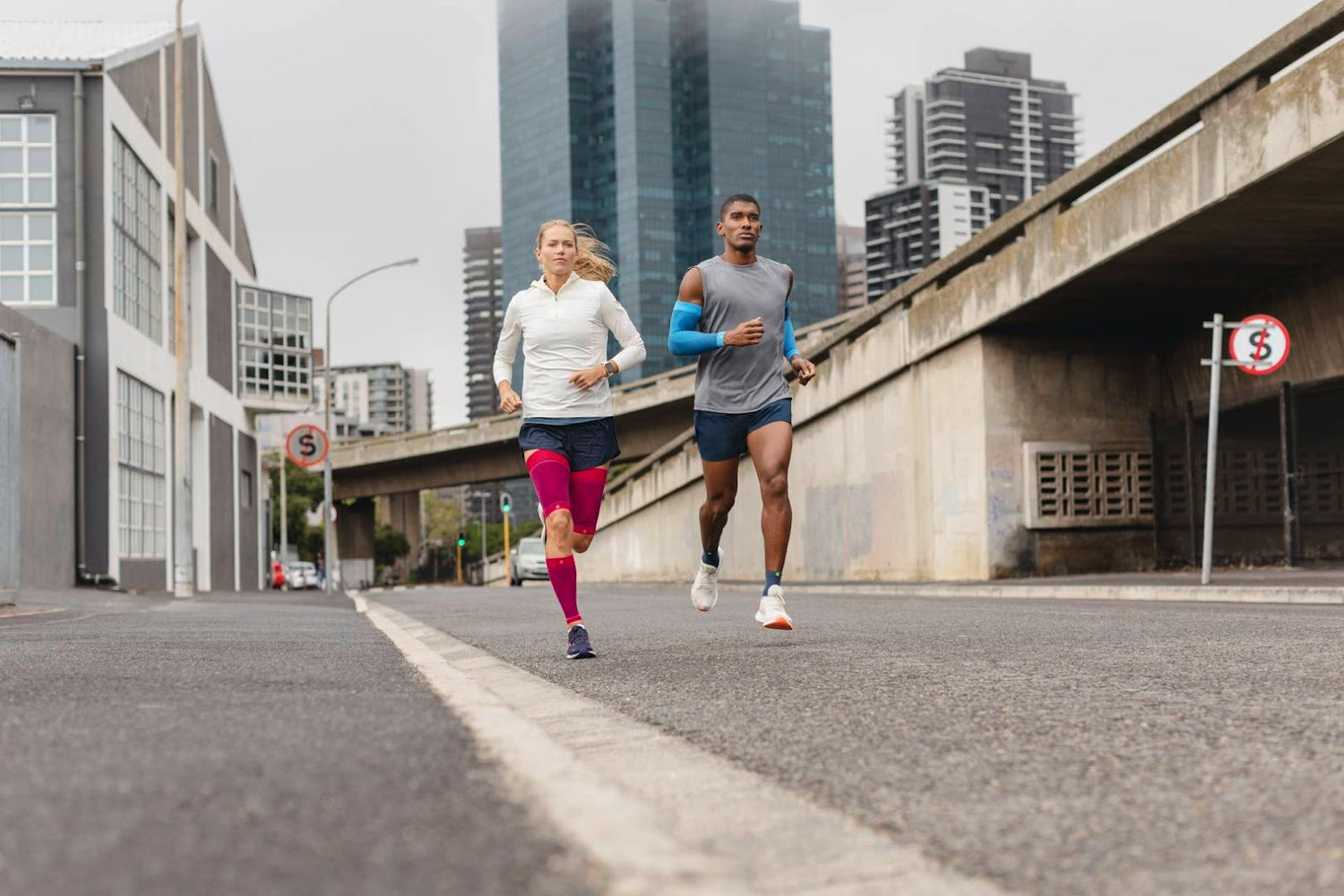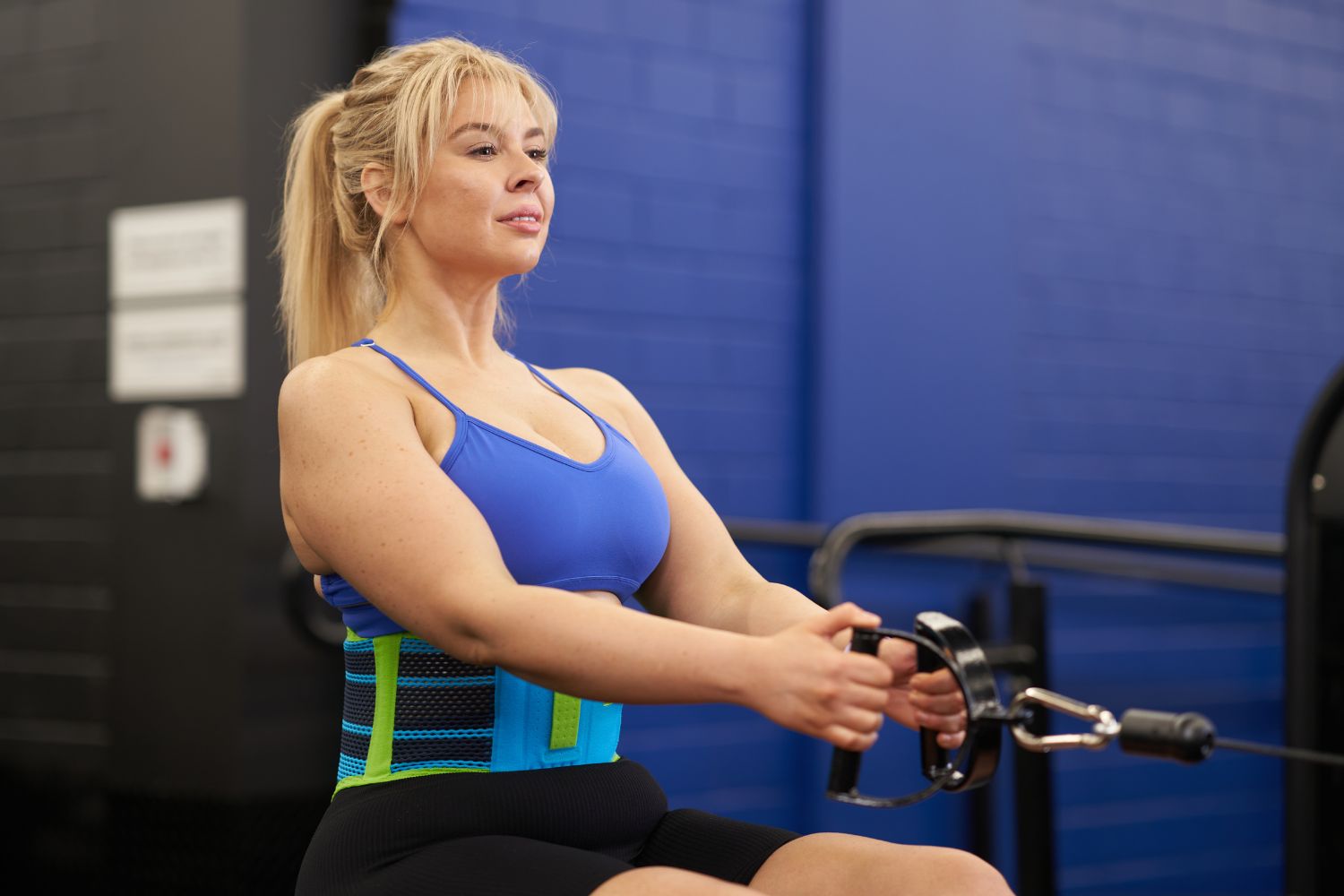Running 42 kilometres is no small feat. And especially if you’re a beginner, it will be no small ask for your muscles and joints. So, to help you finish the race and stay safe while doing so, here’s our guide to marathon running for beginners.
Diet
Marathon running and training burns through a lot of calories and reserves - so make sure you fuel up right. The key things to remember about Marathon nutrition are to eat plenty, balanced, and timely.
Plenty
Running on a calorie deficit will negatively affect your speed and endurance. Speaking to a dietician to determine your caloric needs is always best. But as a general guide, the average person needs around 2000 calories a day to maintain bodily functions and energy levels. And according to Polar Journal:
- A 60-90 minute jog burns 40 calories per kilo of body weight.
- 90 minutes to 2 hours burn around 50.
- And 2-4 hours (so, the average half and full marathon) will burn up to 60.
Balanced
You’ll also want to get a good mix of fats, carbohydrates, vitamins, and proteins.
- Carbs are crucial for building up glycogen, which is the energy reserve your muscles will draw on during your runs.
- Proteins help build muscle tissue. For obvious reasons, the stronger and tougher your muscles are, the better your running speed and endurance.
- Fats are also an energy source (albeit less critical than carbs) and help your body absorb fat-soluble vitamins A, D, E, and K.
Timely
3-4 hours before your run or marathon: eat a good meal that’s rich in proteins, fats, and carbs.
1-2 hours before: eat a snack high in carbs and light on fibre and proteins so your body can digest it more easily.
During: To ensure you don’t burn through your glycogen stores as fast, eat a small snack of around 100 calories every 45 minutes. Energy gels are especially handy here as they’re easy to get down.
After: Eat something within 30 minutes after you finish. Studies show this is the optimal window for your body to restore glycogen stores.
Hydration

Whether you’re training to run a marathon or are participating in the big race, it’s important to stay hydrated. Aim to drink a glass of water within 30 minutes of your run. During your run, drink 88-170 ml of fluids every 15-20 minutes (depending on your body type, weather conditions, and general thirstiness). Water is fine for shorter runs of up to an hour, but beyond that, you’ll need a sports drink to balance electrolyte levels and restore sodium.
Marathon training for beginners
As you know, marathons are 42 kilometres long. The average marathon runner will take around 4 hours to get to the finish line. For that kind of commitment, you’ll need a lot of training. In fact, runners and trainers alike recommend starting training 12 weeks before the marathon itself.
According to MediBank’s guide, your training itself should consist of the following:
- Short runs (starting at 5 kilometres and gradually building your way up to 15)
- Long runs (starting at a 10 km run and building to a 32 k relaxed-pace jog)
- Cross-training (working other muscle groups like the core)
As we noted in our running stamina article, you should add some leg and core strengthening exercises to the mix. The stronger and tougher the muscle, the higher your stamina and endurance.
Most importantly, pay attention to your limits. Always have a rest day every 3 or so training days, increase your distances gradually, and listen to your body while you train. It’s better to cut back a little in response to an overuse injury than to keep pushing and risk it worsening.
Gear
Shoes
Arguably the most essential piece of gear for marathon running is a good pair of shoes. You’ll need a pair with sufficient heel cushioning to protect your ankles and knees from repeated impact, arch support to assist your foot's natural roll, and decent fit and ventilation for a comfy run.
Swap out a pair of runners every ~500-800 kilometres or so. This will ensure your treads have enough grip for efficient strides and enough sole to support your foot.
Clothes
Running clothes should be, above all, breathable and moisture-wicking. You don’t want chafing and unnecessary sweat build-up taking your mind off your training (or worse yet, your race).
For the best results, aim for synthetic materials or merino-synthetic blends. Cotton is fine for the office or a day out with your friends, but it is notoriously good at absorbing and holding moisture.
Compression
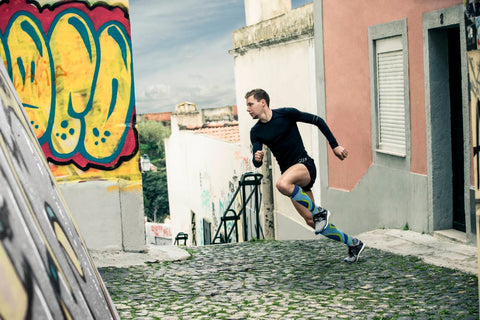
Sports Performance Socks
Compression socks and calf sleeves for marathon running are also a great idea.
- First, they boost blood flow. Better circulation means your muscles get the oxygen and nutrients they need (and remove the waste they don’t) quicker, reducing the rate of fatigue.
- Reduce muscle oscillation. Oscillations are the uncomfortable vibrations shooting up your legs when your heel hits the ground. Along with being uncomfortable, muscle oscillation can make you tire out faster and cause microscopic damage that may develop into shin splints.
- Improve proprioception. Proprioception is how well your muscles activate and how accurately your brain registers the positioning of your body. Quality compression garments communicate with your nerves to activate your muscles more efficiently when you run.
Not to mention, they’ll also help prevent injuries that can disrupt your training routine.
Pack
Snacks and fluids are crucial marathon training ingredients. It is a good idea to get a vest or little pack to hold them all.
Stretch
Running involves a lot of repetitive motion, so your leg muscles (hamstring especially) will tense up at one point or another. So, do some leg stretches when you’ve finished a run to loosen them up again. The more flexible your muscles, the less likely you are to pull them. And the less likely they are to pull on your joints and mess up your form.
Prepare with tapering
Cool it in the two weeks before the big race. Cut your distances by 10-20% in the second week before your marathon. And the week before your marathon, cut it some more - to around ⅓ of your usual. You’ll also need to take a couple of rest days where you don’t run at all.
While it may seem counterintuitive to cut training so low, studies show that tapering has a few notable benefits:
- It helps heal any muscle or minor joint damage your training caused
- Helps your body more easily build up glycogen stores before the big day
- Improves your mood and lowers your perception of fatigue
To sum up
Marathon running isn’t easy for beginners to work up to. There are a lot of steps to take to ensure you finish the race safely (and make good time while you’re at it). But through determination, training, good food, and the right marathon gear, you’ll be ready in no time.
Check out more running gear: Running Support - Running Support Braces
If you require assistance selecting the right product for your needs or wearing the brace, call us on 098015660 or contact us via live chat.
Do you have private health? Most private health extras will cover Bauerfeind Products. Check to see if yours is included. Bauerfeind Private Health Insurance Inquiry.

